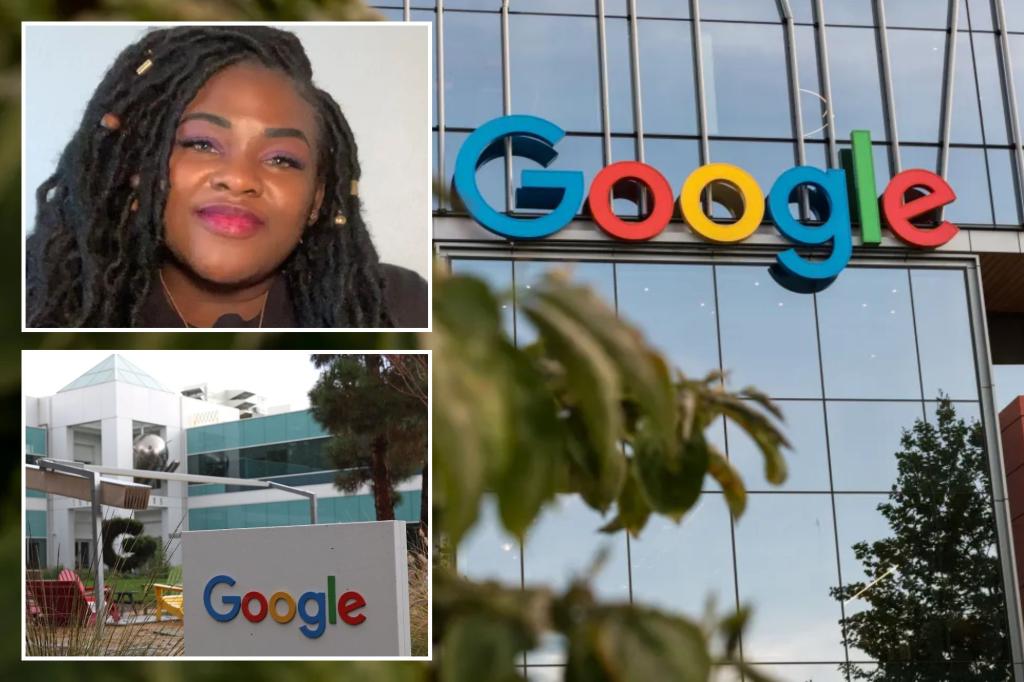A deaf and hard-of-hearing Black employee at Google has accused the company of discrimination based on disability and race, even though he was hailed at corporate events and on social media as an example of the search giant's inclusive workplace success.
According to Wired, in an explosive lawsuit filed in the Northern District of California, Google's first and only deaf black hire, Jaron Hall, was denied access to a sign language interpreter within months of joining the company. Google was criticized for restricting the .
In the complaint, the worker described Google's operating environment as hostile and racist.
She cited a manager in Google's machine learning research program calling her an “aggressive black deaf woman” and advising her to “shut up and play a sales role.”
Google also excluded her from roundtable discussions and disqualified her from promotion after three years due to “inaccurate evaluations,” according to the complaint.
“Google is using me to appear inclusive to the deaf community and the disability community as a whole,” Hall told Wired. “Actually, they need to be better.”
Google praised Hall on LinkedIn for “helping expand opportunities for Black Deaf professionals,” and featured the research analyst on Instagram for “making #LifeAtGoogle more inclusive.”
Google recruiters assured Hall, who joined Google in 2020 as a content moderator, that a sign language interpreter would be provided and that he would be “fully available,” Wired reported.
A few months later, Hall was tasked with enforcing YouTube's child safety regulations, but managers refused to provide an interpreter to help review his content, according to Wired.
The company was reportedly concerned that its contractors would be exposed to graphic images and confidentiality concerns, even though U.S. interpreters adhere to a code of conduct that includes confidentiality standards. was.
Without an interpreter, Hall barely met her quota of 75 videos that each moderator was required to review within an eight-hour workday. She watched the entire video, sometimes for over an hour, before realizing she couldn't properly assess its content.
“I felt humiliated knowing my career wasn't progressing,” she told Wired.
Wired reports that Hall remains a Level 2 employee after three years at Google, but most of the company's employees move to Level 3 within this time frame.
Wired reported that Google last week moved to dismiss the lawsuit, saying it was filed too late, but the company did not deny the charges.
The employee filed three human resources complaints before filing the lawsuit, and while little changed, he said he remained at Google to encourage other employees to improve their working conditions.
“Leaving Google would be selfish,” she told Wired. “I stand between people who are often sidelined.”
Black people and people with disabilities are underrepresented at Google, which has approximately 183,000 employees.
Black women, who make up about 2.4% of Google's U.S. workforce, have a disproportionately high turnover rate compared to women of other races, company data from last year shows.
Google's deaf employee group has just 40 members, Wired reported.
In addition to personal compensation, Hall is seeking enhanced policies to ensure that future employers receive reasonable accommodations and have equal opportunities “like any other non-Black Deaf employee with a disability.” We asked Google to introduce it.


